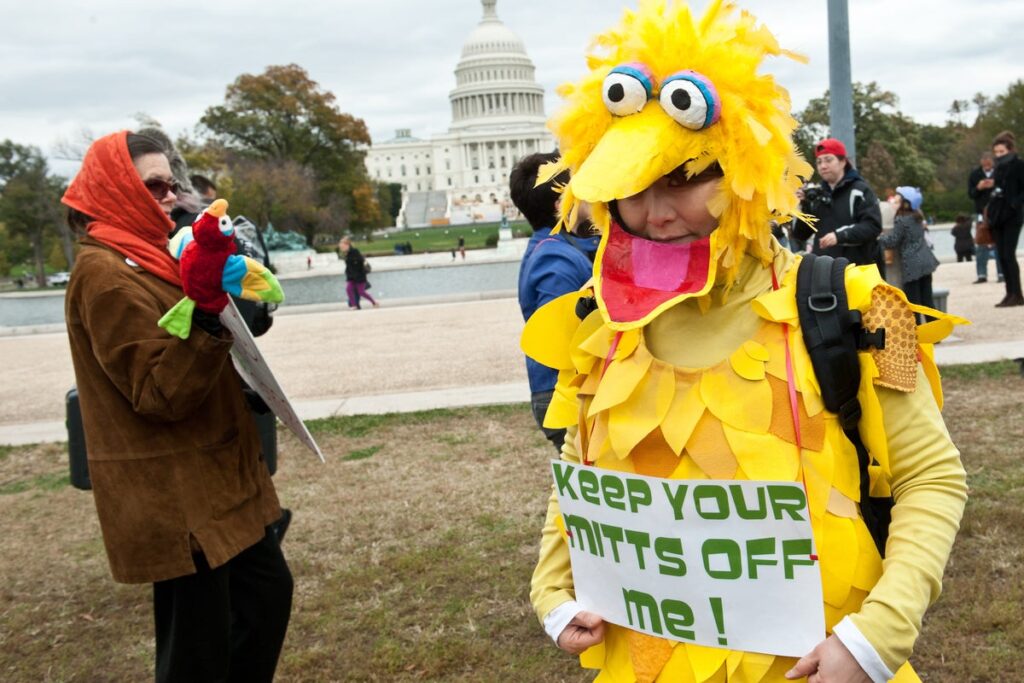
URGENT UPDATE: The Corporation for Public Broadcasting (CPB) announced today it will cease operations following the U.S. government’s removal of its funding, plunging public media into uncertainty. The organization, which has supported PBS, NPR, and over 1,500 local stations, will end most positions by the close of the fiscal year on September 30, 2023.
This drastic move comes after President Donald Trump signed legislation on July 24 that slashed approximately $1.1 billion approved for public broadcasting. The White House argues that public media is politically biased and unnecessary, igniting fierce backlash from lawmakers representing rural areas, who warn that many local stations may have to close.
The Senate Appropriations Committee has reinforced this decision, removing funding for CPB for the first time in over 50 years. Founded in 1968, the CPB has been pivotal in producing educational programming and disseminating vital emergency alerts.
As a result of the funding cuts, significant impacts are anticipated on smaller media outlets, particularly in rural areas. NPR’s president estimates that as many as 80 NPR stations could shut down in the coming year. For instance, Mississippi Public Broadcasting has already announced it will eliminate a streaming channel dedicated to children’s programming. Meanwhile, Maine’s public media system is bracing for a $2.5 million hit, accounting for about 12 percent of its budget.
In Kodiak, Alaska, KMXT anticipates a budget reduction of 22 percent, threatening its ability to deliver crucial news and disaster alerts in a state frequently affected by natural disasters. The cuts could leave vulnerable communities without essential information.
While programs like Sesame Street are expected to continue independently, the availability of such shows may diminish in areas lacking reliable internet access. The New York Times reports that children’s television programs are produced independently of CPB, yet the financial ramifications could hinder their distribution.
The impact of these cuts extends beyond just programming. Ken Burns, acclaimed for his documentaries, noted that CPB funding comprises roughly 20 percent of his projects’ budgets. He warned that many programs reliant on CPB support might not survive this financial blow, especially those dependent on 50 to 75 percent of their funding from the corporation.
Historically, the CPB has played a crucial role in shaping public broadcasting as we know it. Its support has funded various content, from beloved children’s shows to critical cultural programming. The demise of this funding source signals a potential shift in how public media operates in the U.S.
With CPB’s closure looming, the future of public broadcasting hangs in the balance. As local stations brace for impact, the urgency of this situation is palpable. Stay tuned for further developments as the implications of these funding cuts unfold across the nation.






